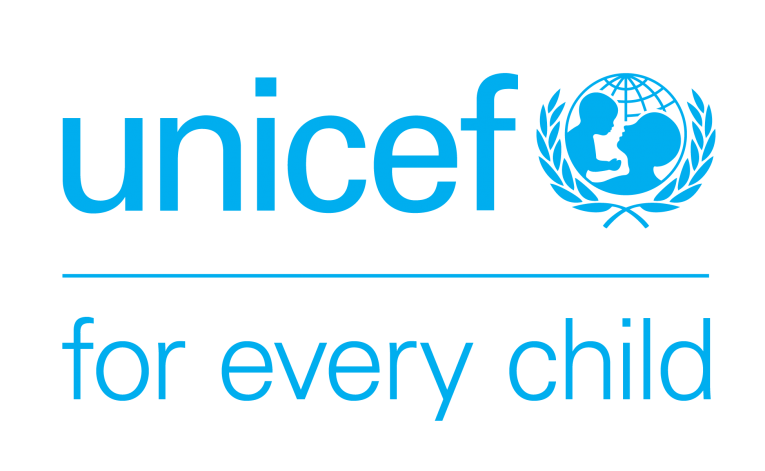
BY CATHERINE MUCHIRI UNICEF Zimbabwe has launched an anti-child marriages and women empowerment campaign ahead of the commemorations of the Day of the African Child tomorrow.
Unicef has roped in football star Marvelous Nakamba, singer Selmor Mtukudzi and rugby star Tendai (The Beast) Mtawarira to promote the role of women in society and to end child marriages.
The campaign will also call on community members to become role models and support adolescent girls to reach their full potential.
During the launch of the campaign in Harare yesterday, United Nations resident co-ordinator Edward Kallon said: “Unless we accelerate our efforts to fight child marriages, according to estimates, 150 million more girls will be married by 2030. Concerns cannot be full and free when one party is not sufficiently mature to make informed choices about life.”
“The practice of child marriages further perpetuates the cycle of gender inequality and also increases incidences of violence as girls are disadvantaged and lack power in relation to their husband’s and females’ in laws. Child marriage is considered as gender based violence according to domestic violence laws.”
Kallon said child marriages have an impact on Zimbabwe’s development.
“Girls married before completing their education have limited opportunities for employment and their contribution to the economy is reduced. Let us have a look at what needs to be changed and let’s mobilise a generation of activists to accelerate social change.”
“We have put up support systems for lawmakers so that violence, abuse and negativity are identified, responded to, investigated and prosecuted through a strong national system and child friendly specific policies.”
- Chamisa under fire over US$120K donation
- Mavhunga puts DeMbare into Chibuku quarterfinals
- Pension funds bet on Cabora Bassa oilfields
- Councils defy govt fire tender directive
Keep Reading
Speaking at the same occasion, Women’s Affairs ministry deputy minister Jennifer Mhlanga also said: “The role of women in society cannot be underestimated and their role in tackling the scourge of child marriages should be recognised. Women take the lead in helping the family adjust to new realities and challenges. They are likely to be the prime initiator for outside assistance and play an important role in facilitating or hindering changes in the family.”
Unicef representative Tajudeen Oyewale applauded the recent Constitutional Court ruling which increased the age of sexual consent from 16 to 18 years.
UN Women representative Fatou Aminata said: “We owe it to the girls of this country to enforce this law so that they can be seen for what they are: girls not brides; not free labour, and not commodities.”
Pointing out that ending child marriages required much more than legislation, she added: “It needs behavioural change in the community, whereby community leaders, parents and caregivers, elderly men and women influence children and speak out against child marriages.”
UNFPA country representative Esther Muia urged policymakers, communities, gatekeepers, religious and traditional leaders and the media to assist in ending child marriages.
“They bring physical and mental problems to the young girls including sexual diseases. In Zimbabwe, the new cases of HIV infections are the highest in the 15-19 age groups, and the girls are six times more infected than the boys. Parent-child communication should be encouraged as it yields a lot of positive results, and men should also be involved in condoning harmful practices and fight child marriages,” Muia said.
- Follow us on Twitter@NewsDayZimbabwe










